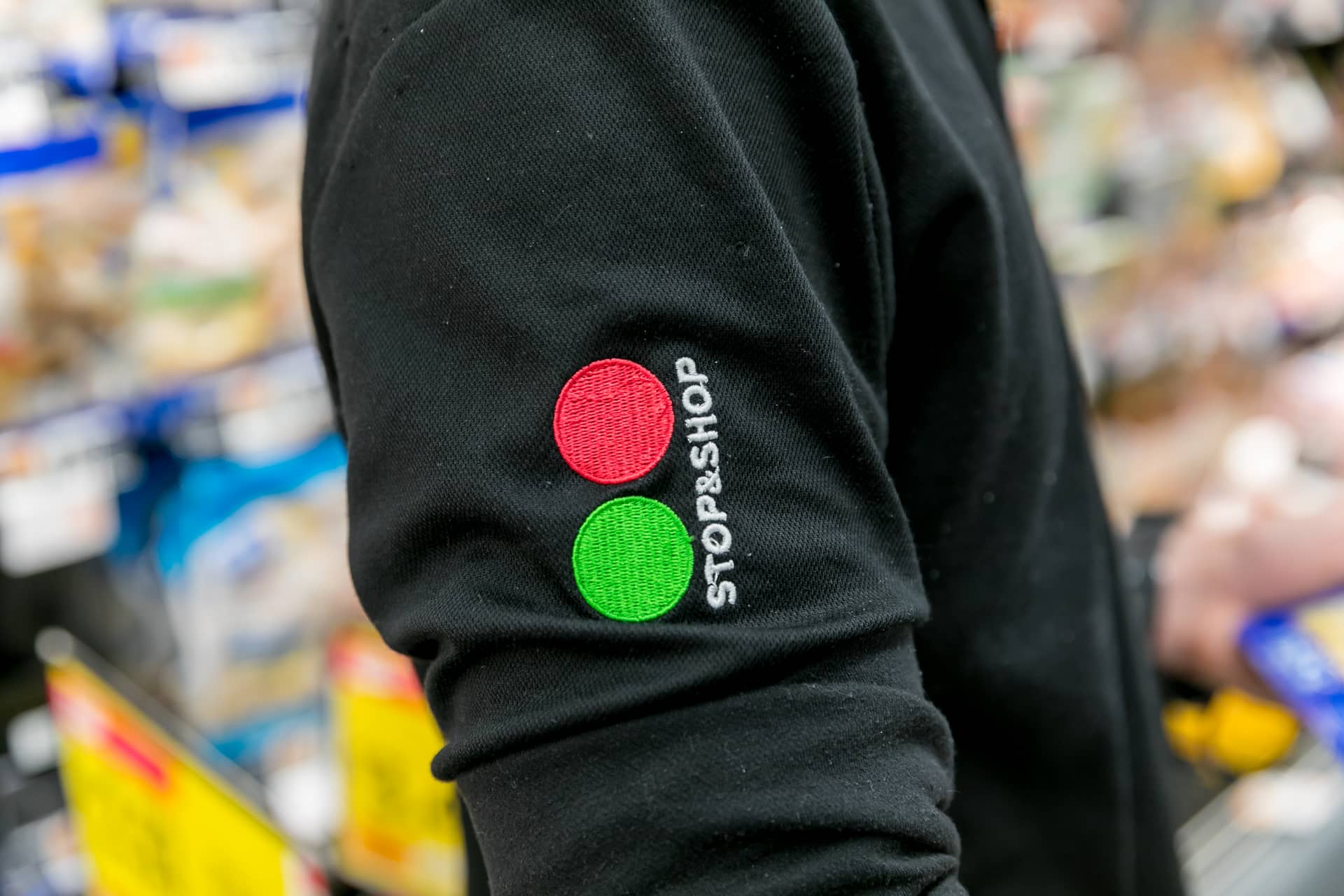


He states that Ahold also wants to intervene “in the long term” in the growth and development of Bol.com. However, according to CEO Frans Muller, there is no question of phasing out. And you ensure that you can easily reduce further in the future. “With a listing you reduce your own interest. Since last year, bol.com has had a major competitor in Amazon on its own soil, even though the Americans in the Netherlands are still a lot smaller for the time being. The stock analyst also sees another reason for the IPO: risk reduction. If such valuations are paid for the Ahold subsidiary next year, he believes there is a real chance that the value of the owner itself will also increase. It is not uncommon for webshops to be traded for twice the turnover, says Inberg: 11 billion in the case of bol.com. Perhaps even cheaper: internet companies are currently generally priced much higher than supermarkets. With its own listing, bol.com could also pay for acquisitions with its own shares. Ahold has a lower valuation on the stock market than many competitors, says Inberg. And where the global stock markets reached record highs, the share price of the parent company rose only slightly. If the web store now wants to make acquisitions, the company can only pay for them with cash in hand or in exchange for Ahold shares. Stock market analyst Nico Inberg of investment platform sees other benefits of listing bol.com on the stock exchange. “We want to invest in the current geographic presence.” Acquisitions He noted, however, that the online store chain focuses on growth in the markets where it is already active – the Netherlands and Belgium – and not on expanding to other countries. When asked which investments bol.com, founded in 1999, cannot yet make, but can make after the IPO, CEO Muller remained vague on Monday. In addition, part of the proceeds will go to the strategy for the coming years, in which online growth and sustainability are important pillars. The company wants to use the capital raised to exploit bol.com’s “huge growth potential”. However, the main reason for Ahold to bring bol.com to the stock exchange is not the price of its own share, but the proceeds of the shares to be sold. We will leave that to the market for now.”Īlso read this summer’s interview with Ahold CEO Muller about sustainability: ‘We do our best to push, but customers are creatures of habit’ Growth potential “A number of people will now calculate a valuation based on the gross profit. “We’ll be clearer about that when we’ve written the prospectus,” he said. What interest in bol.com the supermarket company wants to divest and at what valuation, CEO Muller did not want to say when asked. Ahold expects both profits and sales to double in the next four years. The announcement was accompanied by the clearest figures to date: the turnover of Bol.com this year is expected to amount to around 5.5 billion euros, the gross profit between 150 and 170 million. Muller emphasizes that Ahold (74.7 billion euros turnover in 2020, 380,000 employees) wants to keep a “significant part” of bol.com after the IPO. He expects that the value of bol.com will become “more visible” in the share price of the parent company. A separate listing makes it easier for investors to value both companies separately, Ahold CEO Frans Muller said in conversation with journalists on Monday. When Ahold took over the company nine years ago, it was still 350 million euros. The owner of Albert Heijn and drugstore chain Etos is aiming for a listing in Amsterdam in the second half of next year.īy making bol.com independent, the web store will have a visible price tag for the first time since 2012. After an “extensive and thorough assessment”, Ahold wants to bring bol.com to the stock exchange, the group announced on Monday, ahead of an investor day. They may get the answer to that question next year. Wouldn’t Ahold’s share be worth much more if the supermarket company were more open about the financial performance of the largest online store in the Netherlands? That also made it difficult to calculate the value of the oyster as a whole, according to investors. Nothing was known at all about the profitability of the webshop. Although the group shared the turnover of bol.com with the outside world, it was only on an annual basis – not per quarter. The only question was: how big would that pearl be?Īhold itself remained fairly unclear about this, even though the question returned with some regularity. It was clear that Ahold contained a pearl – subsidiary bol.com continued to grow. But what they didn’t know was what was inside the shellfish. From the outside they could clearly see the size of the shell. For investors, supermarket company Ahold Delhaize has often felt like an oyster in recent years.


 0 kommentar(er)
0 kommentar(er)
